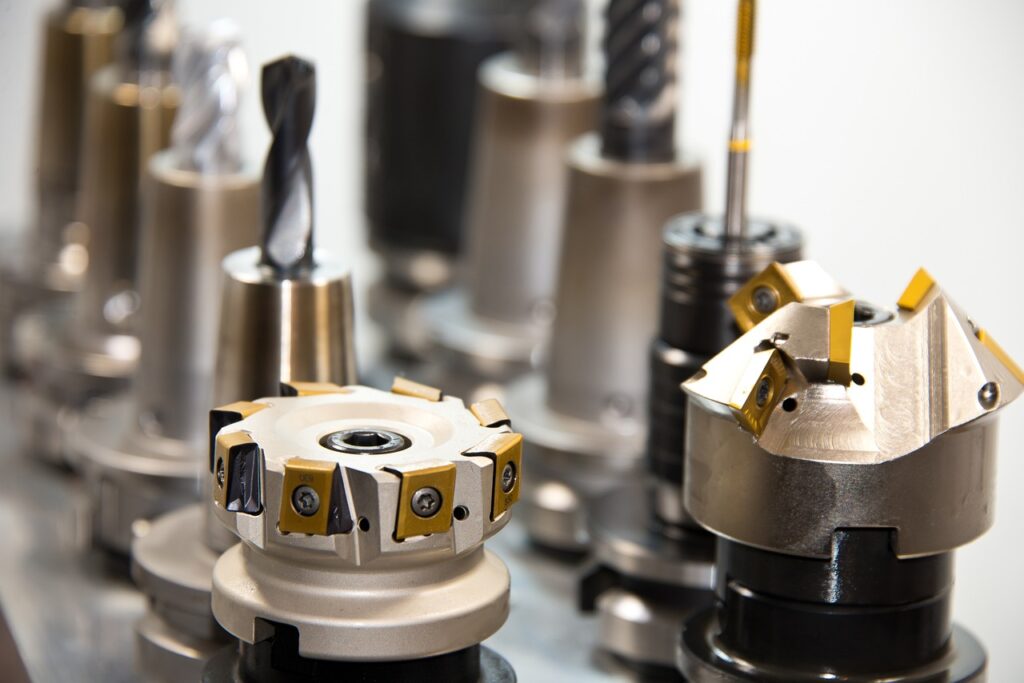An aluminum composite panel manufacturer produces lightweight, durable panels made of two aluminum sheets bonded to a fire-retardant core. These panels are widely used in architecture, signage, and exterior cladding due to their strength, weather resistance, and sleek appearance. Choosing the right manufacturer ensures access to high-quality panels that meet requirements for safety, aesthetics, and performance.
Manufacturers offer a range of panel types, including fire-rated options and various metal finishes like stainless steel or copper. Many lead brands also incorporate recycled materials, combining sustainability with functionality. This variety provides flexibility for projects across industries, from building facades to transportation.
By working with an experienced aluminum composite panel manufacturer, architects and contractors can enhance the longevity and visual appeal of their structures. The careful selection of materials and manufacturing processes directly impacts the final product’s performance in demanding environments.
Overview of Aluminum Composite Panel Manufacturers
Aluminum composite panel manufacturers follow strict quality controls, advanced production methods, and offer a range of panel varieties to meet diverse industry demands. Their focus centers on material standards, precision in manufacturing, and adapting product lines for various applications.
Industry Standards and Certifications
Manufacturers adhere to internationally recognized standards to ensure safety, durability, and performance. Common certifications include fire-resistance ratings such as FR-A1 and FR-A2 mineral cores, meeting Euroclass standards like Euroclass B. Compliance with ASTM and EN standards is typical for panel composition, flammability, and weather resistance.
Quality management systems like ISO 9001 are widely adopted, ensuring consistent product quality. Environmental certifications, such as ISO 14001, are also pursued by many to address sustainability requirements. These certifications serve as assurance for architects, builders, and regulatory bodies regarding product reliability and compliance.
Manufacturing Processes and Technologies
Production begins with bonding two thin aluminum sheets to a mineral or polymer core using adhesives applied under high pressure and temperature. Advanced facilities employ automated coating lines for pre-painted aluminum sheets that resist corrosion and maintain color over time.
Some manufacturers use mineral cores for fire-rated panels, enhancing safety in construction. Surface finishes vary from smooth to textured, with options including powder coating and PVDF coatings for added durability. Innovation in manufacturing focuses on precision cutting, custom sizing, and integration of digital control systems to maintain consistency and reduce waste.
Key Product Offerings
Manufacturers provide a range of ACP products tailored for architecture, signage, and interior design. Standard offerings include solid aluminum panels and fire-rated variants with mineral cores. Metals used for skins often include galvanized steel, stainless steel, copper, and aluminum alloys.
Panels differ by core type, finish, thickness, and size, allowing customization for thermal insulation, soundproofing, or aesthetic appeal. Some companies highlight specialty products like high-durability exterior panels or lightweight options for cladding. Versatility in design and function remains a priority, enabling applications from curtain walls to advertisement displays.
Factors to Consider When Choosing an Aluminum Composite Panel Manufacturer
Selecting the right manufacturer depends on multiple critical aspects. These include how the manufacturer ensures product consistency, their approach to environmental responsibilities, their ability to tailor products to project needs, and the scope of their supply network. Each factor impacts project quality, timeline, and budget.
Quality Control Measures
Quality control is essential for reliable aluminum composite panels. A reputable manufacturer implements strict quality management systems, including continuous inspection and testing at every production stage.
They should use advanced equipment to check coating thickness, adhesion, panel flatness, and core material integrity. Certifications like ISO 9001 indicate adherence to international standards.
Routine sample testing for durability against weather conditions and mechanical stress is vital. Detailed documentation and traceability also help resolve issues quickly if defects arise after delivery.
Sustainability and Environmental Practices
Manufacturers with robust sustainability policies reduce environmental impact through material selection and waste management. Responsible suppliers often use recycled aluminum and eco-friendly core materials.
They minimize emissions during production and apply energy-efficient processes. Compliance with local and international environmental regulations is a must.
Packaging recycling programs and end-of-life product take-back schemes show commitment to circular economy principles. These factors are increasingly important as clients seek environmentally responsible building materials.
Customization Capabilities
Not all projects require standard panel sizes or finishes. A reliable manufacturer offers customization for dimensions, thickness, color, and texture to meet specific architectural requirements.
They should be able to produce custom coatings resistant to UV, scratches, or chemicals. Some manufacturers provide design services to help select optimal panel types for performance and aesthetics.
Fast turnaround time on custom orders and flexibility in minimum order quantities improve efficiency and reduce lead times on large or specialized projects.
Global Supply and Distribution
A manufacturer’s ability to supply panels reliably and on time is critical, especially for large or international projects. They need established logistics networks, warehouses, or partners to ensure smooth distribution.
Local stock availability can reduce shipping costs and mitigate delays. For worldwide clients, manufacturers with multilingual customer service and export experience simplify communication and regulatory compliance.
Transparent shipping processes and tracking capabilities build confidence and help meet tight construction schedules.




